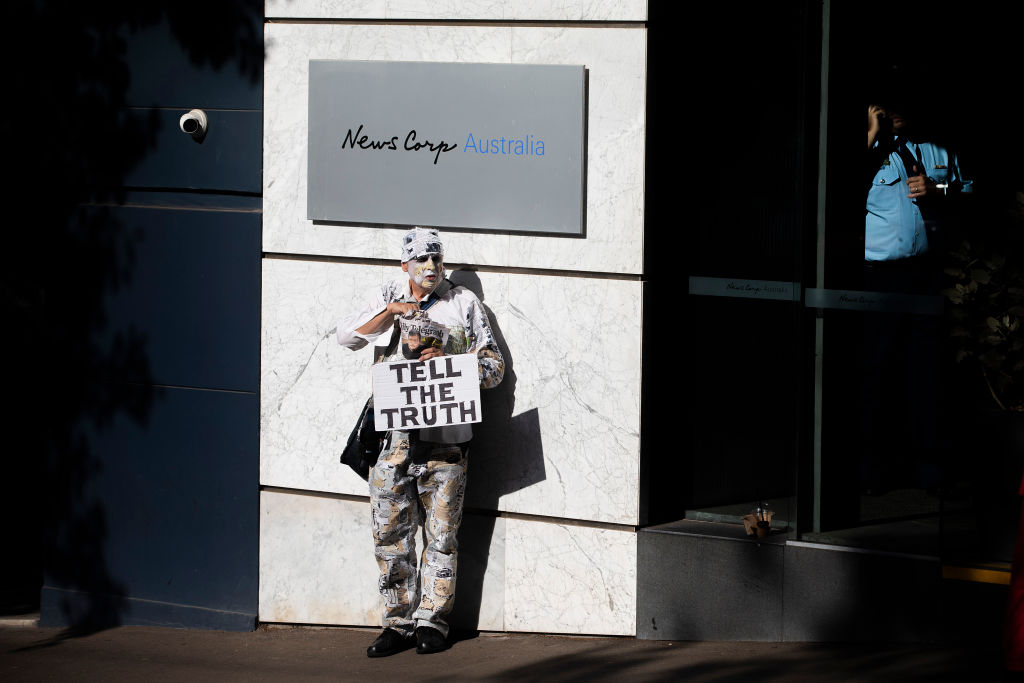This article was not written by AI, but Rupert Murdoch’s News Corporation hopes in the future many will be.
Artificial intelligence presents a golden opportunity for publications struggling to maintain profitability in a changing media landscape.
But it also risks “fatally undermining journalism and damaging our societies”, says News Corp chief executive Robert Thomson.
“This is an important moment in the history of news and knowledge with commercial and social implications and a profound impact on creativity and integrity,” the former journalist told investors on Friday Australian time.
As generative AI models – such as ChatGPT – are fed texts, data and images, they pick up on patterns and structures, enabling them to reproduce seemingly original content.
In News Corp’s full-year earnings report, Mr Thomson said the technology presented an opportunity to create new revenue streams and cut costs.
The company used AI to generate thousands of “hyperlocal” articles a week on stories covering weather, fuel prices and traffic conditions, News Corp Australia chairman Michael Miller told Mediaweek.
But increasingly, sophisticated technology has given rise to fake news and deep fakes, with an almost limitless potential for counterfeit content.
“Generative AI has the potential to recycle itself in what you might call endless, perfidious permutations,” Mr Thomson warned.
“The potential is enormous. But garbage in, garbage out and garbage all about.”
Challenges to publishers and intellectual property form a “tech triptych”, he said.
AI engines scrape content from news articles to train their algorithms; individual stories are being surfaced in specific searches; and human-made works can be synthesised and re-presented as original content.
“These super snippets, distilling the effort and insight of great journalism, are potentially designed so the reader will never visit a news site, thus fatally undermining journalism and damaging our societies,” Mr Thomson said.
A group of news organisations, including Agence France-Presse, AP and Getty Images, on Wednesday penned an open letter calling for the media to be involved in regulations surroundings intellectual property rights and the spread of misinformation.
It argued a legal framework must be developed to protect the content that powers AI applications as well as maintain public trust in the media.
Mr Thomson spoke positively of negotiations with tech company executives, who he believes genuinely understand their shared social responsibilities.
“Generative AI cannot be degenerative,” he said
“We see a positive financial result through consensual negotiation, not through litigation. We would like to reward journalists, not lawyers.”



